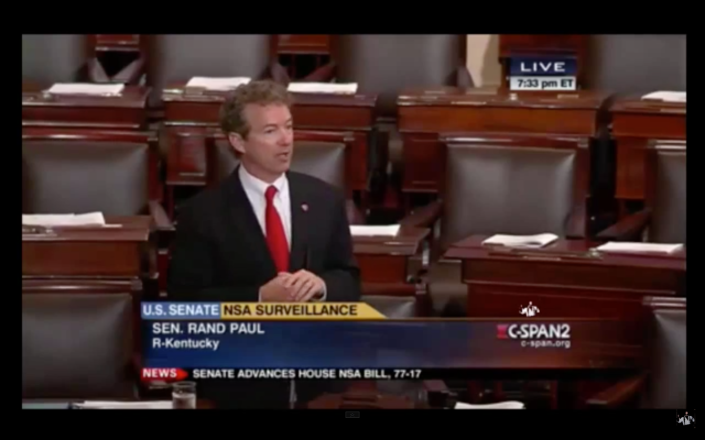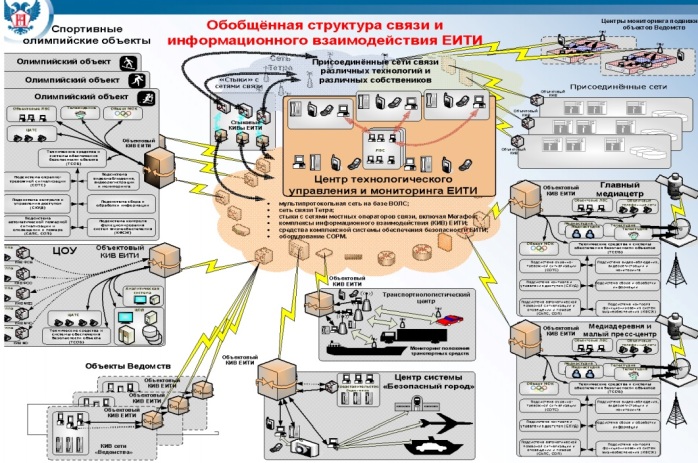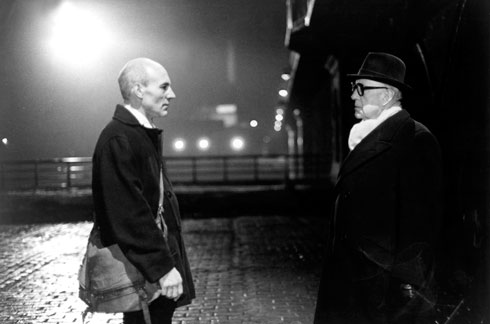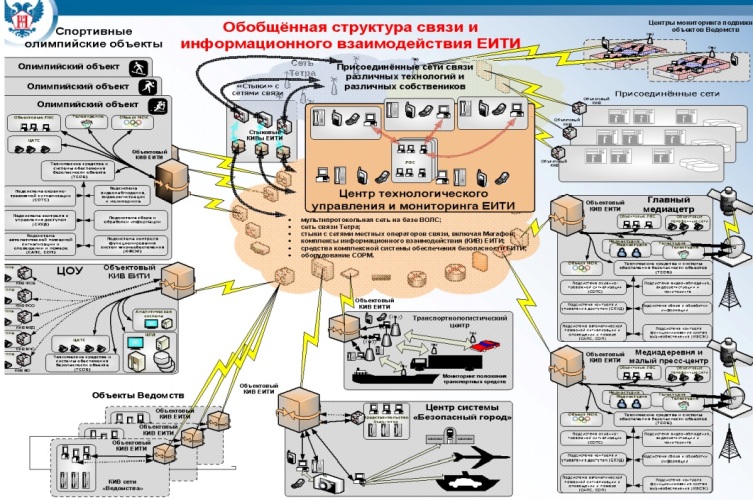The expiration of the US Patriot Act and ensuing political drama demonstrates that despite the histrionics of Russian state media, even a battered and limping democracy is infinitely preferable to a managed one.
At 12:01a.m. on the dot, the US government lost, at least in the interim, the right to collect the telephone records of US citizens in bulk. The Federal Bureau of Investigation (FBI) has also seen its powers to surveil curtailed, including extended wiretap powers for so called “lone wolf” terror suspects, as well as those who change phones.
The whole process has thrown Capitol Hill for a loop. Senate Majority leader Mitch McConnell had simply hoped to extend the Patriot Acts controversial provisions, which were passed in the wake of the September 11th attacks.
When the House of representatives voted 338-88 to do away with bulk sweeping collection of phone records, opting to replace it with a system to search telephone company databases on a case-by-case basis, McConnell successfully routed them by rallying the Senate to reject the the so-called USA Freedom Act. But when he attempted to temporarily extend the Patriot Act in its previous form, it was not a member of Obama’s Democratic party that threw a wrench in the works. Rather it was McConnell’s junior partner from Kentucky —Senator Rand Paul.
Paul, like Senate Majority leader McConnell, also opposed the USA Freedom Act, but not because he was trying to show off his national security bona fides. No, as a dyed-in-the-wool libertarian, Paul rejected it because it did not go far enough in protecting US citizens’ fourth amendment rights. At least, that was the narrative he was selling.
“This is what we fought the revolution over. Are we going to so blithely go along and just take it? Well I’m not going to take it anymore,” Paul said in a passionate and lengthy appeal from the Senate floor.
Paul’s rousing soliloquy provided a moment when populist sentiment, presidential ambition, and genuine ideological commitment converged —a perfect storm of big stage politics.
And few within his own party were happy about it.
“We shouldn’t be disarming unilaterally as our enemies grow more sophisticated and aggressive, and we certainly should not be doing so based on a campaign of demagoguery and disinformation launched in the wake of the unlawful actions of [former NSA contractor] Edward Snowden,” McConnell said.
Republican Senator Dan Coats from Indiana said that “going dark” or allowing the Patriot Act to expire “is a risk on American lives.”
Senate Republican and former presidential hopeful John McCain went as far as to say that Paul had put his politic ambitions above national security.
“He obviously has a higher priority for his fundraising ambitions than for the security of the nation,” The senator from Arizona said.
Paul reacted harshly, even going so far as to accuse some within the US political establishment of secretly wanting “an attack on the United States so they can blame it on me.”
Despite the heated rhetoric, McConnell, recognizing defeat, has cleared the way for a compromise vote later this week. It’s a move Paul himself admits he cannot stop.
But Paul does offer to put forward amendments that would further tighten up the USA Freedom Act (which he fears will merely make the US government “better at collecting our phone records”), or any compromise legislation that comes forward.
Whatever the outcome, Sunday’s dramatic showdown represents what the Guardian called “the first rollback of NSA [National Security Agency] surveillance since the seminal 1978 Foreign Intelligence Act.”
There are many (including the author) who believe the reformed surveillance regime will unlikely go far enough in returning America to a homeostasis where the balance between security and individual liberty are optimized. But Sunday’s showdown shows that the US system of representative democracy, while certainly having been weakened over the past several decades, is still robust enough to be reformed.
Be it sweeping surveillance, the militarization of police (or the interconnected war on drugs), wealth inequality, or the undue influence of big money in politics, the system remains reactive to change (albeit imperfectly). As the ongoing battle to legalize marijuana (and by extension end the drug war and resultant practice of mass incarceration for non-violent drug offenses) shows, sometimes the federal government and powerful corporate lobbyists are unable to stop the popular will. They can trammel those efforts, yes, but scuttle them irrevocably, no.
The Republic may be distressed, but there is still room for correction, despite efforts from Washington’s authoritarian critics to show that US-style democracy in irreparably in decline.
Thus, idealists and leftists who have been suckered in by Kremlin propaganda efforts would be wise to keep one thing in mind: those who want you to sound the death knell for democracy don’t hope to reform it —they want it to die.
And no matter how apparently complex the methods, its pretentious pseudo-philosophical roots or penchant for muddying the waters or theatrical shows of hyper-complexity, their message is quite simple: Democracy is an illusion, the world is corrupt, nothing will ever change that so just allow us to continue stealing from our pre-ordained fiefdoms and accept the illusion of stability our authoritarianism grants you. One should also bare in mind that the Russian elite only believe this message to a degree. They want people in the West to believe it so that they’ll pressure their leadership to leave Moscow alone. They want Russians to believe so that they’ll remain cynical subjects, and not become empowered citizens. But where these same elite chose to park their money and their families cuts through all of the white noise. They can tell you everything they want to about a decadent West in decline. But it’s their lifestyle choices that bear witness to the truth.
The recent drama over the Patriotic Act, ultimately, provides the perfect foil for what makes America’s imperfect democracy infinitely superior to Russia’s ‘sovereign democracy’ —a hollow rebranding of authoritarianism.
Moscow, after all, seized on the strange circumstances that brought Snowden to Moscow nearly two year ago as a means of smearing Washington. Russian propaganda relentlessly hammered home the point that the US had essentially descended into a quasi-Stasi like state or whatever Orwellian cliche was handy. Washington has done itself few favors on this count. But the source and vehemence of the criticism was particularly rich, given the circumstances.
When asked how he felt about the Snowden revelations during his annual Q&A session in December 2013, Putin said he was jealous of Obama because “he can get away with it,” in reference to the NSA spying program.
As I wrote previously, the statement is patently absurd, given that Russia actually has its own system to intercept telephone, internet, and other forms of communication media called System for Operative Investigative Activities (SORM). Due to the nature of Russian propaganda, however, few Russian citizens know about it.
As the traumatized children of a totalitarian state that transmogrified into a barely functioning democracy (and then a fake one), Russians undoubtably believe there government is spying on them. They just don’t care to brush up on the details, or challenge it for that matter. Perhaps one of the greatest boons for the Kremlin regarding the NSA spying scandal, and the reason why Snowden became a regular component of prime time Russian viewing, is that many Russians were able to say to themselves “see, things are not any better over there in America.”
This manner of thinking provides a boon to a deeply traumatized populace. Russians have become deeply disempowered by their system, despite their overwhelmingly consistent support for Putin. Knowing they cannot change anything, knowing they will not change anything, their resentment (and the cognitive dissonance between cultural hypermasculity and political emsaculation) pushes them for interpretations of the world that shows things cannot be any other way.
They want to be absolved of the crime, chaos and degradation that is rife in Russian society. Figures like Snowden allow them to do just that. But there is one problem with this black and white reductionism —the devil is in the details, and the details are legion.
Regarding SORM, Andrei Soldatov, an investigative journalist and author of several books on Russian intelligence, told the now defunct Moscow News that “The Russian system is even more advanced [than the American one].”
In the run up to the Sochi Winter Olympics, Ron Deibert, a professor at the University of Toronto and director of Citizen Lab, similarly told the Guardian that SORM was like the NSA’s PRISM surveillance program “on steroids.”
“The scope and scale of Russian surveillance are similar to the disclosures about the US program but there are subtle differences to the regulations,” Deibert told the daily. “We know from Snowden’s disclosures that many of the checks were weak or sidestepped in the US, but in the Russian system permanent access for SORM is a requirement of building the infrastructure.”
So in a country which gives security services cart blanche to monitor domestic internet and telephone communications with zero governmental oversight and a compliant state media, that Russian media would lead the charge against the NSA spying is beyond disingenuous.
In the United States, for example, US citizens have potentially seen their data swept up in bulk collection efforts due to a loophole in Section 702 the of FISA Amendments Act of 2008: “Procedures For Targeting Certain Persons Outside The United States Other Than United States Persons.”
Without a doubt, it is troublesome to know that a US citizen’s email could get caught up in a bulk collection effort. But it pales in comparison to Russia, where eight government agencies can tap into analogous internet surveillance programs directly targeting its own citizenry with virtual impunity.
What’s more, Russia regularly employees its security services to spy on opposition figures, often capturing them in compromising situations which they themselves have orchestrated.
In 2010, for example, video footage allegedly showing three opposition figures having sex and/or doing cocaine with an amateur model known as ‘Moo-Moo’ was released in a calculated and coordinated fashion.
And yet when Snowden asked Putin whether Russia surveilled its citizens in masse during an annual call in show in April 2014, Putin answered that Russian intelligence services were under the tight reign of “the state and society,” adding that they neither had the money nor the technical knowhow available in the US.
The US Embassy in Moscow would later tweet that Snowden would likely be interested to know that Russian law allows for the “control, storage and study of all data in the communication networks of the Russian Federation.”
But in Russia, there will be no talking heads on state TV putting Putin on blast for obviously lying. There are no firebrand members of a genuine opposition decrying Moscow’s blanket surveillance of its own citizenry [with the exception of one man forced into exile], nor the outrageous use of its intelligence services to not only spy on citizens opposed to the current regime, but to actually entrap them in compromising situations to destroy their credibility. There has and never will be a debate in the Duma on whether to roll back or eliminate SORM all together. Putin answers to no one, not his rubberstamp legislature, and not his citizenry. There are no checks and balances, no hope for internal reform, no pressure valves through which citizens can see their grievances redressed.
That’s why the Russian state media is so obsessed with so-called ‘Color Revolutions.’ In order to plunder the country to the fullest, Putin and his inner circle created a system where leaders are left with only one exit strategy from the Kremlin: leaving feet first.
And Sunday’s drama shows that despite all of the United States’ flaws, even imperfect systems can be objectively better, no matter the sophomoric attempts to employ post-modernism as a means of proving otherwise.
Meanwhile, Russia’s obsession with Ferguson, Baltimore and other manifestations of “afromaidans” have completely failed to understand (or blatantly misconstrued) the nature of protest in a democracy. Few people (if anyone) in America was actually attempting to overthrow the system. Rather, they were trying to make it live up to its promises.
With the debate on NSA spying set to continue this week, no one can be sure of the outcome. the The lack of predictability, the lack of foregone conclusions, however, is a boon, and not a detriment to the country.
When faced with rocky waters, the US system still allows for the potential of changing course. Putin’s power vertical, in contrast, has left the nation on a rickety ship that can either steer an increasingly perilous course or go belly up. From the dark corner Putin has painted himself into, if a color revolution comes to pass, it will not be a US plot. Rather, it will be a self-fulfilling prophecy.









